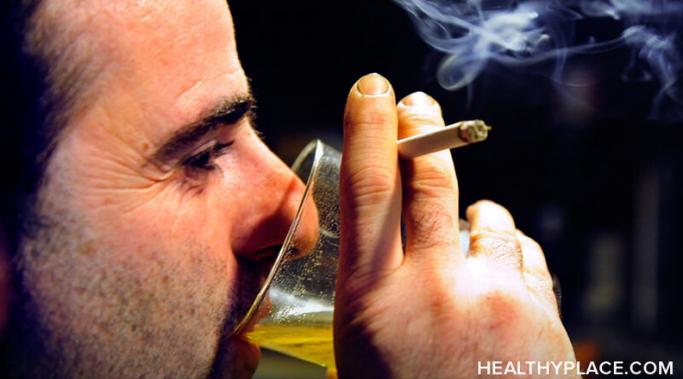I have a good friend who has an expression that describes someone who you can truly trust. He says that if we were to jump out of an airplane would we trust that person to “pull the rip cord.” This is an interesting thought to ponder.
Debunking Addiction
Addiction is both a societal as well as an individual problem. We have tried to tackle this issue for eons but have not discovered the true root cause of addiction.
Yesterday I was thinking about the nature of addiction on a road trip I was on. The drive served to provide me with a few thoughts I’d like to share.
Addiction affects literally millions of individuals across the United States. Its consequences are felt on a variety of levels. Healthcare and workforce productivity are but two of these areas. But one of the primary issues with addiction lies at the level of the family. Families are often at the front of any number of ancillary issues.
“I won’t go to rehab. I said no, no, no!”
Amy Winehouse
This refrain has been spoken by many an addict for years. What is it about inpatient drug and alcohol rehabilitation that is so bad anyway? I mean, you’ve got three meals, a roof over your head, and the companionship of other addicts, all of whom are dealing with similar (but not the same) issues that you have. Who could want more?
Addiction has been featured in the movies since the 1936 film "Reefer Madness." Many of these films serve as entertainment however there are those that can educate viewers as well. The key is that they can open a dialogue that can serve to break the stigma that surrounds addiction.
For me, active addiction was a time fraught with risk. I repeatedly subjected myself to any number of dangerous situations. Whether it was driving under the influence, taking unknown substances, or mixing illicit drugs with pharmaceuticals, I was taking chances every time I could.
Alcoholics Anonymous and Narcotics Anonymous have helped save the lives of literally millions of people over the years. There are 2,133,842 AA members worldwide according to a January 2012 published report on the AA website and approximately 280,000 members in the NA fellowship worldwide.
I have been blogging about mental illness and addiction for two years. I have covered a wide variety of topics that, at times, have been very intense and revealing. One subject I have not touched on at great length is suicide. It is something that I have not been willing to disclose, but I do believe there is healing in the process of sharing one’s feelings, even if it is about something so personal.
Many myths about 12-step programs have grown up since Alcoholics Anonymous (AA) was founded in 1935. Since that time, numerous fellowships have patterned themselves after the humble beginnings of AA. These 12-Step programs have enjoyed success over the years; however, they have also been criticized for their practices. Many of these criticisms, I feel, are somewhat misguided and have fed into the myths about 12-Step programs. I say this from the perspective of someone who found freedom from addiction using 12-step recovery. What are the myths about 12-Step programs that keep people away?







